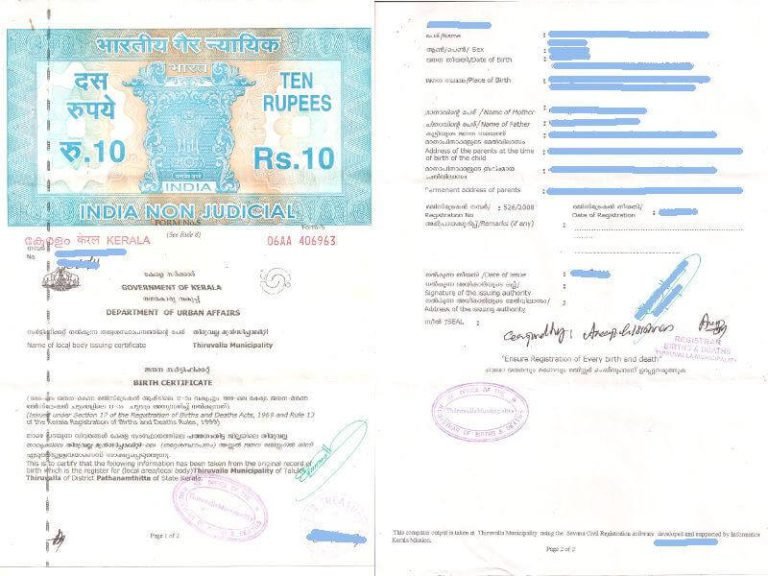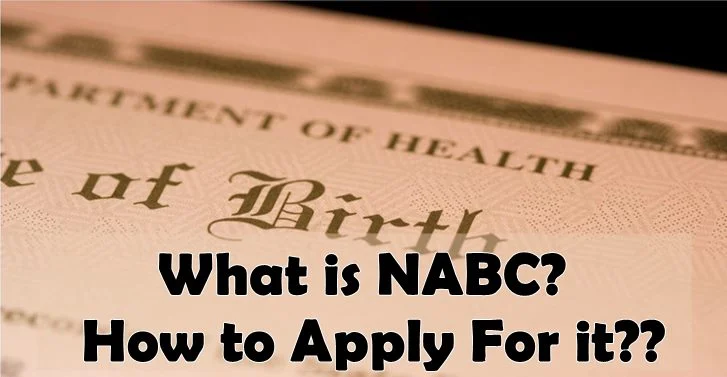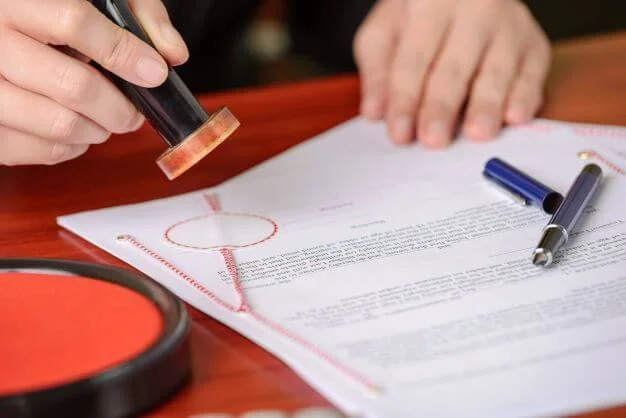DDA Free Hold Conversion
DDA freehold conversion is a process by which leasehold property owned by Delhi Development Authority (DDA) can be converted into freehold property, giving the owner complete ownership rights over the property.
Easy Process and Documentation
Required Paperwork
- Original sale deed of the property
- Copy of the allotment letter issued by DDA
- Copy of the payment receipts issued by DDA
- Copy of the building plan approved by DDA
- Copy of the NOC obtained from the concerned authority,
- Copy of the PAN card ,Aadhaar Card of the property owner
- Passport size photograph of the property owner
- Affidavit attested by Notary/Public Notary on stamp paper
- Indemnity bond attested by Notary/Public Notary on stamp paper
- Copy of the property tax receipt, electricity bill and water bill
Process, Service Charges, Time duration
- When you send us your paperwork, our experienced staff will review your paperwork with local government officials to determine the service’s cost, feasibility, and completion date. After a quote has been given, it remains fixed. Location affects project duration and cost. Send us your documents and specific requirements to get a price and turnaround estimate.
- On an average Procurement takes four to six weeks.
2000+ locations Served
Happy Clients 50000+
Averge Google Rating 4.9
India's Most Trusted Legal Documentation Portal
Freehold Conversion DDA
The Delhi Development Authority (DDA) Freehold Conversion is a formal way for a government agency to give a person ownership of a piece of real estate. As the last piece of paperwork, a Conveyance Deed is given to the new owner of the land. To change a leased property into a freehold property, you need to fill out an application and send it to the right body.
We offer advice about the application and the papers that are needed. We will walk you through the whole property change process and take care of all the paperwork that needs to be done. We offer all of these services for a small and fair fee.
For a property to become freehold, photocopies of different papers will be needed, based on the authority (DDA) and the type of property (residential or business).
Required Documents for the Conversion
The following documents must be photocopied for conversion:
- A letter of allocation or allotment.
- Possession slip and letter of possession.
Perpetual Lease Agreement. - Proof of Possession, such as an electricity or water bill.
- Bank challans for instalment payments, rent, service costs, and so on.
Photographs.
For freehold conversion, you will need a properly filled out application form and actual documents like a surety bond, declaration, and promise on Non-Judicial stamp paper.
In addition to these papers, there are exchange fees and stamp duties that have to be paid.
DDA freehold conversion
The Process of Registration of Conveyance For a property that is now held by leasehold to become freehold, a deed is necessary.
- For a property to be converted into freehold, a duty on the consideration amount that is stated in the transfer deed is necessary to be paid through the Collector of Stamps. This duty must be paid at a rate of 6% in the case of males and 4% in the case of women.
- The payment of the formal conversion fees to the relevant authorities, in this case the Delhi Development Authority (DDA).
- During the registration process, a Bank Pay order payment of one hundred rupees is required as a fee. The amount of a registration fee is equal to one percent of the entire value of the conveyance deed.
There are two distinct ownership structures for immovable property, which are referred to as “freehold” and “leasehold,” respectively. People sometimes become perplexed when acquiring real estate or property, and if they do not have an adequate comprehension of these two concepts, they can make an unwise purchasing choice.
The buyer of a property with a freehold title is granted the right to full ownership of both the structure and the land on which it is built, whereas the renter of a property with a leasehold title is only granted the right to use the space within that property. In a freehold arrangement, the current owner of a property will get perpetual ownership of the property; in a leasehold arrangement, on the other hand, a buyer or tenant will be allowed only temporary possession of the property.
The transition from leasehold to freehold ownership results in a 15–20 percent boost in the market value of the property.
Anyone who is the original owner or allotter of the property and whose name has been registered in the records of the DDA or L&DO is eligible to apply for the conversion. If there is more than one lessee, then it is necessary for each of them to sign the application for freehold conversion.
The DDA was created in 1957, and ever since then, it has been responsible for regulating the regions that have been constructed and developed. However, some of the older colonies, such Karol Bagh and Daryaganj, are now managed by the Old Scheme Branch of the DDA. This branch is responsible for maintaining order in those areas. On the other hand, the Land and Development Office (L&DO) has authority over all of New Delhi and central Delhi, including areas that existed and were built either before or during the time when India was partitioned. It was built with the purpose of offering a place to live to refugees who had fled to India from Pakistan. Tilak Nagar, Malviya Nagar, Jangpura, Lajpat Nagar, Patel Nagar, and Ramesh Nagar are only few of the neighbourhoods that are included under the L&DO’s jurisdiction.













